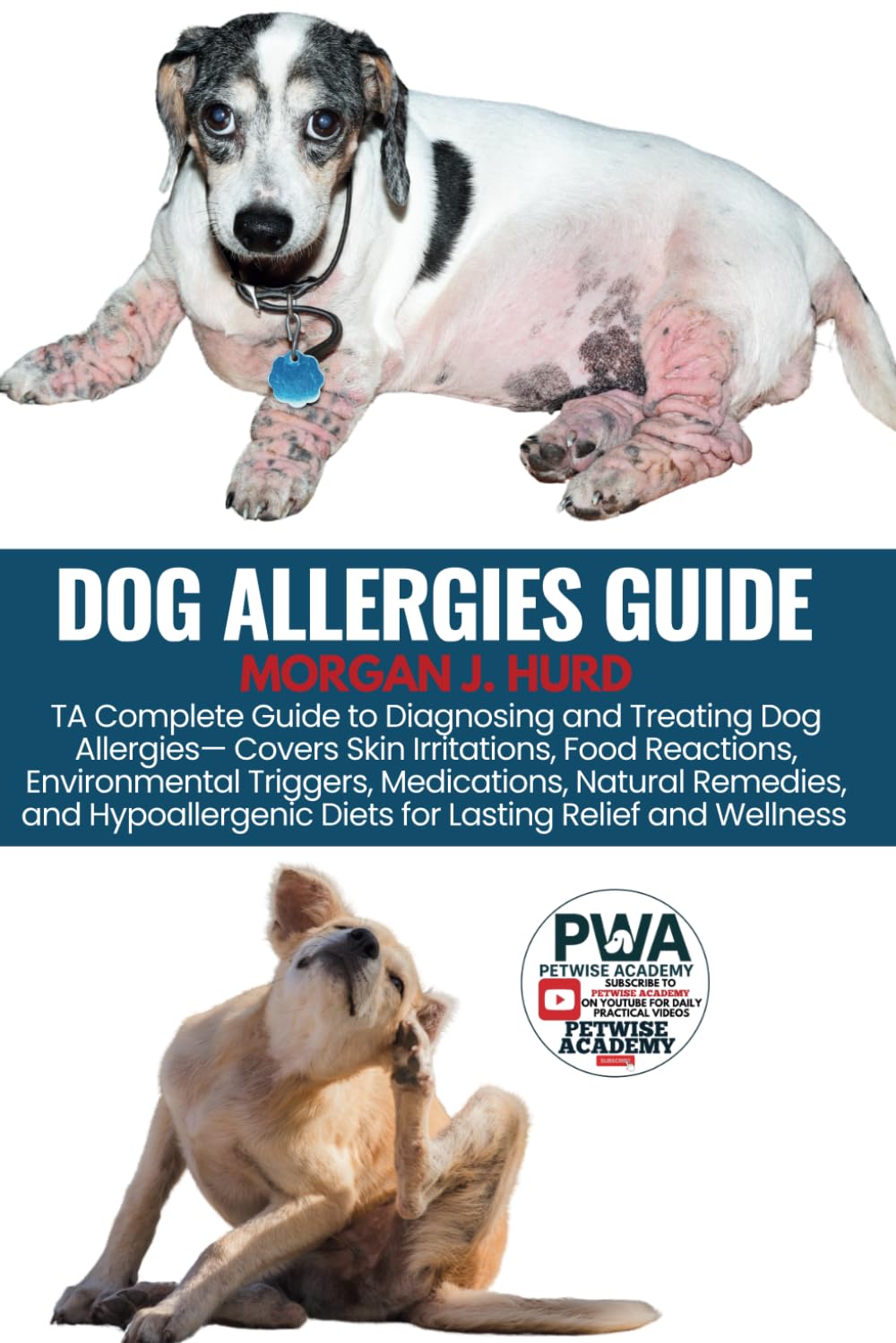Nasal allergies in dogs can be a source of significant discomfort, leading to symptoms like itching, sneezing, and a runny nose. Fortunately, various medications are available to help manage these conditions. A healthcare professional, such as a veterinarian, can guide you in selecting the most appropriate treatment for your canine companion. This guide explores common types of allergy medications for dogs, focusing on their mechanisms of action and benefits.
Antihistamines: Combating Allergic Reactions
Antihistamines work by reducing the production of histamine, an immune system chemical released during allergic reactions. This action effectively alleviates symptoms such as itching, sneezing, and a runny nose.
While commonly associated with human use, specific formulations of antihistamines are available for veterinary use. These can be administered in various forms, including oral tablets and, in some cases, nasal sprays, although their efficacy and safety for dogs should always be discussed with a veterinarian. Over-the-counter options for humans like fexofenadine, loratadine, cetirizine, and levocetirizine are sometimes recommended by vets, but it’s crucial to use them only under professional guidance, as the correct dosage for dogs can differ significantly. Prescription antihistamines, such as desloratadine, may also be considered by your vet for more persistent symptoms.
Corticosteroids: Reducing Inflammation
Corticosteroids, often administered as nasal sprays, are potent anti-inflammatory agents. They can significantly reduce swelling within the nasal passages, thereby controlling symptoms associated with allergic rhinitis, commonly known as hay fever in dogs.
Veterinary-specific corticosteroid nasal sprays deliver a low dose of the medication directly to the affected area, minimizing the risk of systemic side effects that can occur with oral corticosteroids. Medications like fluticasone, mometasone, and triamcinolone are examples of corticosteroids used in human nasal sprays that vets may consider for canine use. Ciclesonide is another prescription option. These localized treatments offer a safer alternative to long-term oral steroid use, which can lead to more serious health issues in dogs.
Decongestants: Easing Nasal Congestion
Decongestants function by constricting blood vessels in the nasal tissues, which helps to shrink swollen areas and improve airflow. This makes breathing through the nose easier for dogs experiencing congestion due to allergies.
Some oral allergy medications combine an antihistamine with a decongestant. However, it’s important to note that oral decongestants can potentially increase blood pressure and may not be suitable for dogs with pre-existing conditions such as high blood pressure, glaucoma, or cardiovascular disease. Always consult your veterinarian to determine if a decongestant is a safe option for your dog.
Nasal spray decongestants can offer short-term relief from allergy symptoms. However, their use should be limited, as prolonged application (more than three consecutive days) can lead to rebound congestion, where the nasal stuffiness worsens.
Leukotriene Modifiers: Blocking Chemical Actions
Leukotriene modifiers work by blocking the action of leukotrienes, another group of chemicals involved in the inflammatory process of allergic reactions. For dogs where corticosteroid nasal sprays or antihistamines are not ideal, a veterinarian might prescribe a leukotriene modifier like montelukast.
While generally effective, possible side effects of montelukast in dogs can include upper respiratory infections, headaches, and fever. Less frequently, behavioral or mood changes, such as increased anxiety or depression, have been observed. Close monitoring by a veterinarian is essential when this class of medication is used.
Conclusion and Professional Guidance
Managing your dog’s allergy symptoms effectively requires a thorough understanding of the available treatment options and professional veterinary advice. While over-the-counter medications might seem like an easy solution, the specific physiology of dogs means that dosages and suitability can vary greatly. Always consult with your veterinarian before administering any medication for your dog’s allergies. They can accurately diagnose the cause of the symptoms, recommend the most appropriate and safest treatment plan, and guide you on proper administration and potential side effects, ensuring your beloved pet can find relief and enjoy a better quality of life.

